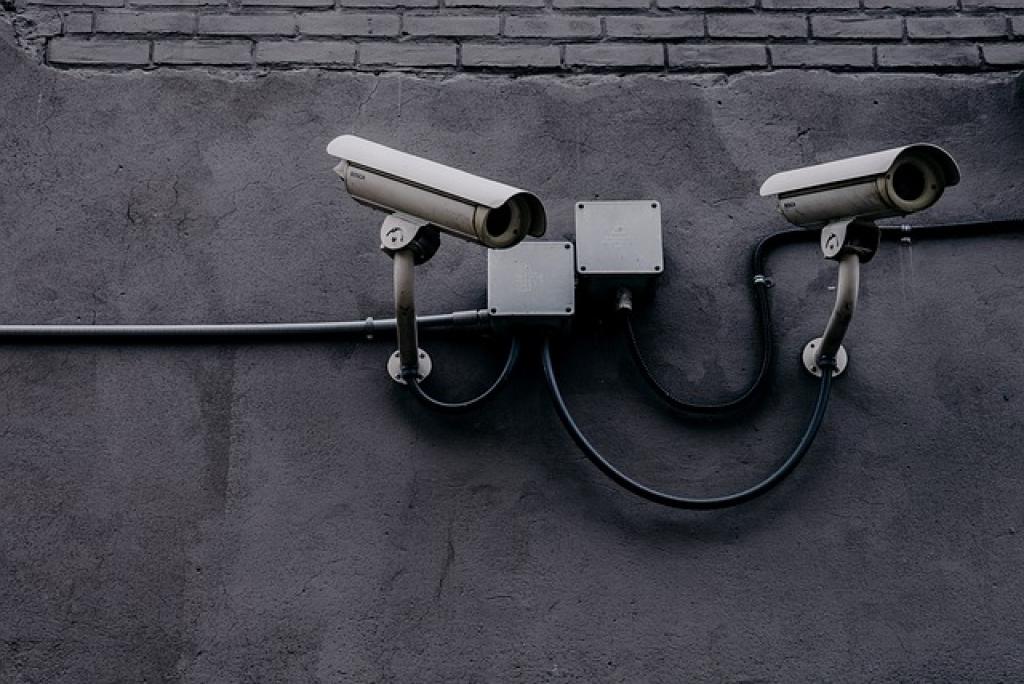
The Role of Security in Commercial Lease Agreements
Leasing commercial property is more than finding the right location and negotiating rent. At the heart of any lease agreement lies a critical, yet sometimes overlooked component: security.
Security in commercial leases ensures both landlords and tenants have a clear understanding of responsibilities should conflicts arise. It spans insurance requirements, security deposits, and provisions around access and liability.
For tenants, security provides peace of mind that the business location is safeguarded. For landlords, it ensures their investment is protected from potential damages and financial risks.
Understanding these elements is crucial for both parties. Navigating security considerations can be challenging, but doing so effectively is essential in fostering a stable, mutually beneficial landlord-tenant relationship.
Let’s explore how security provisions in commercial lease agreements protect both parties and why they’re vital to a well-structured lease.
The Importance of Security Provisions in Commercial Lease Agreements
Security provisions form the backbone of effective commercial lease agreements. They outline critical details that keep both landlords and tenants protected and informed.
For landlords, these provisions specify the types and extent of insurance coverage tenants must maintain, which shields them from potential liabilities. They also cover how and when security deposits can be used and returned, providing financial assurance against possible tenant-caused damages.
Tenants benefit by understanding their rights and obligations around property access and maintenance. Clear security clauses ensure property readiness and access without unexpected interruptions.
Negotiating these terms upfront reduces misunderstandings down the line. It fosters trust and helps both parties avoid disputes, allowing them to focus on running their businesses smoothly.
Security provisions aren’t just legal jargon—they’re practical tools for maintaining a harmonious and effective landlord-tenant relationship.
Key Elements to Include in Security Clauses
When crafting a commercial lease agreement, certain key elements within the security clauses are non-negotiable to ensure clarity and protection for both parties involved.
Firstly, insurance requirements must be detailed. Specify the types of insurance the tenant needs to carry, such as liability, property, or business interruption insurance. This specification helps mitigate potential liabilities and ensure adequate coverage for unforeseen events.
Another crucial element is the security deposit amount and conditions. Clearly outline how the deposit is calculated and the conditions under which it may be retained or returned. This helps prevent disputes when the lease ends.
Maintenance and Repairs
Address the responsibilities concerning maintenance and repairs. Define who handles regular upkeep versus major repairs. This clarity prevents conflicts and keeps the property in good condition.
Lastly, include provisions on security measures for the premises. Whether it involves alarm systems, locks, or surveillance, these measures should align with both parties’ expectations to ensure the safety of the property and its occupants.
These elements not only protect the interests of landlords and tenants but also foster a positive leasing relationship. By ensuring these components are thoroughly addressed, both parties can enjoy peace of mind.
Understanding Liability and Insurance Requirements
Liability and insurance terms are crucial in commercial lease agreements, offering a safeguard against unforeseen incidents. These provisions clarify who is responsible for potential risks and how losses are financially covered.
At the heart of these requirements is liability insurance, which protects landlords from legal claims due to accidents occurring on the property. Tenants are typically expected to obtain this coverage, ensuring any incidents related to their business operations don’t financially burden the landlord.
Tenant’s Insurance Obligations
Tenants often need to provide proof of insurance, detailing the coverage limits and naming the landlord as an additional insured party. This step ensures that the landlord is informed of the insurance status and covered under the tenant’s policy to some extent.
Additionally, it’s important to discuss property insurance requirements. Landlords may carry insurance for the building structure, but tenants must ensure their personal property and business equipment are adequately covered.
By understanding these requirements, tenants can protect their business assets while landlords minimize exposure to liabilities. Clearly defined liability and insurance clauses create a secure environment for both parties and reduce the likelihood of disputes over coverage responsibility.
Best Practices for Negotiating Security Terms
Negotiating security terms in a commercial lease requires a balance of protecting both parties’ interests while ensuring a fair and workable relationship. Key practices can help guide these discussions effectively.
Begin by researching common security terms in similar commercial leases. This knowledge provides a realistic foundation and helps establish reasonable expectations for negotiations. It enables both parties to enter discussions with an understanding of industry standards.
Next, open communication is crucial. Both the landlord and tenant should clearly articulate their concerns and priorities regarding security provisions. This transparency fosters collaboration and can streamline the process significantly.
Seeking Professional Advice
Involving legal professionals during negotiations can also be beneficial. Lawyers with experience in commercial real estate can offer valuable insights, ensuring that the terms protect both parties’ interests and comply with relevant laws.
As negotiations progress, be prepared for compromise. Flexibility is key to resolving differences amicably. Understanding the other party’s perspective and finding common ground helps in crafting agreements that satisfy both sides.
Finally, ensure all negotiated terms are meticulously documented. This clarity prevents future misunderstandings and serves as a reference if disputes arise. By following these best practices, parties can create a robust, mutually agreeable lease agreement.
Wrapping Up: Ensuring Comprehensive Security in Commercial Lease Agreements
In conclusion, the security of a commercial lease agreement is as vital as the location and terms of rent. Protection doesn’t just make for a sound investment; it lays the groundwork for a trusting and long-lasting landlord-tenant relationship.
By thoroughly understanding and addressing the security elements of a lease, both parties safeguard themselves against unforeseen occurrences. This means landlords have protection from potential liabilities and tenants can ensure their business operations continue unhindered.
Effective negotiation of security terms, bolstered by professional guidance when needed, helps each party articulate their needs and reach fair compromises. It isn’t about winning every term, but about creating a balanced agreement that protects both the business interests and properties involved.
Furthermore, clear documentation of security clauses and an understanding of liability and insurance requirements help avert misunderstandings down the road. When each term is outlined in black and white, there’s less room for conflict, making for smoother tenancy.
In essence, comprehensive security measures in a commercial lease aren’t an afterthought; they’re a strategic necessity. Approaching them thoughtfully ensures that both landlords and tenants can focus on what truly matters: running successful operations within a secure and equitable framework. By prioritizing these considerations, a robust and harmonious leasing environment becomes reality, benefiting everyone involved.


